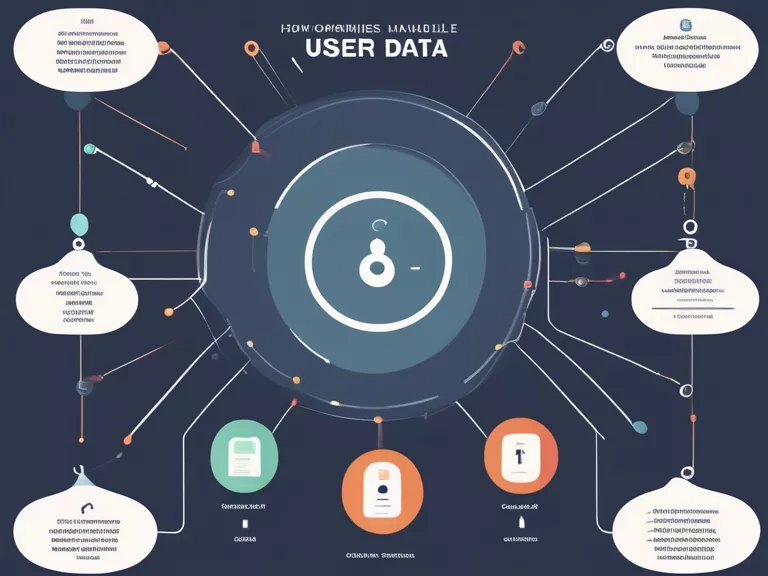
Companies handle user data in various ways to ensure privacy and security for their customers. From encryption to data anonymization, these practices are crucial in maintaining consumer trust.
With the increasing digital landscape, companies are collecting more user data than ever before. This data may include personal information such as names, email addresses, browsing history, and even financial details. While this information is valuable for businesses to tailor their services and products, it also poses a risk if not handled properly.
To safeguard user data, companies often implement encryption techniques to protect information from unauthorized access. Encryption involves converting data into a coded format that can only be decoded by authorized personnel. This helps prevent hackers and cybercriminals from intercepting sensitive data.
Another common practice is data anonymization, where personal identifiers are removed from datasets to protect user privacy. By anonymizing data, companies can analyze trends and patterns without compromising individual identities. This is particularly important in industries like healthcare and finance where confidentiality is paramount.
In addition to these technical measures, companies also have legal obligations to protect user data. Regulations such as the GDPR (General Data Protection Regulation) in the EU and the CCPA (California Consumer Privacy Act) in the US require companies to obtain user consent before collecting data and to provide transparency on how the data will be used.
Overall, companies must take a multi-faceted approach to handling user data responsibly. By combining encryption, data anonymization, and legal compliance, businesses can build trust with their customers and protect sensitive information from potential breaches.
No domains found.



